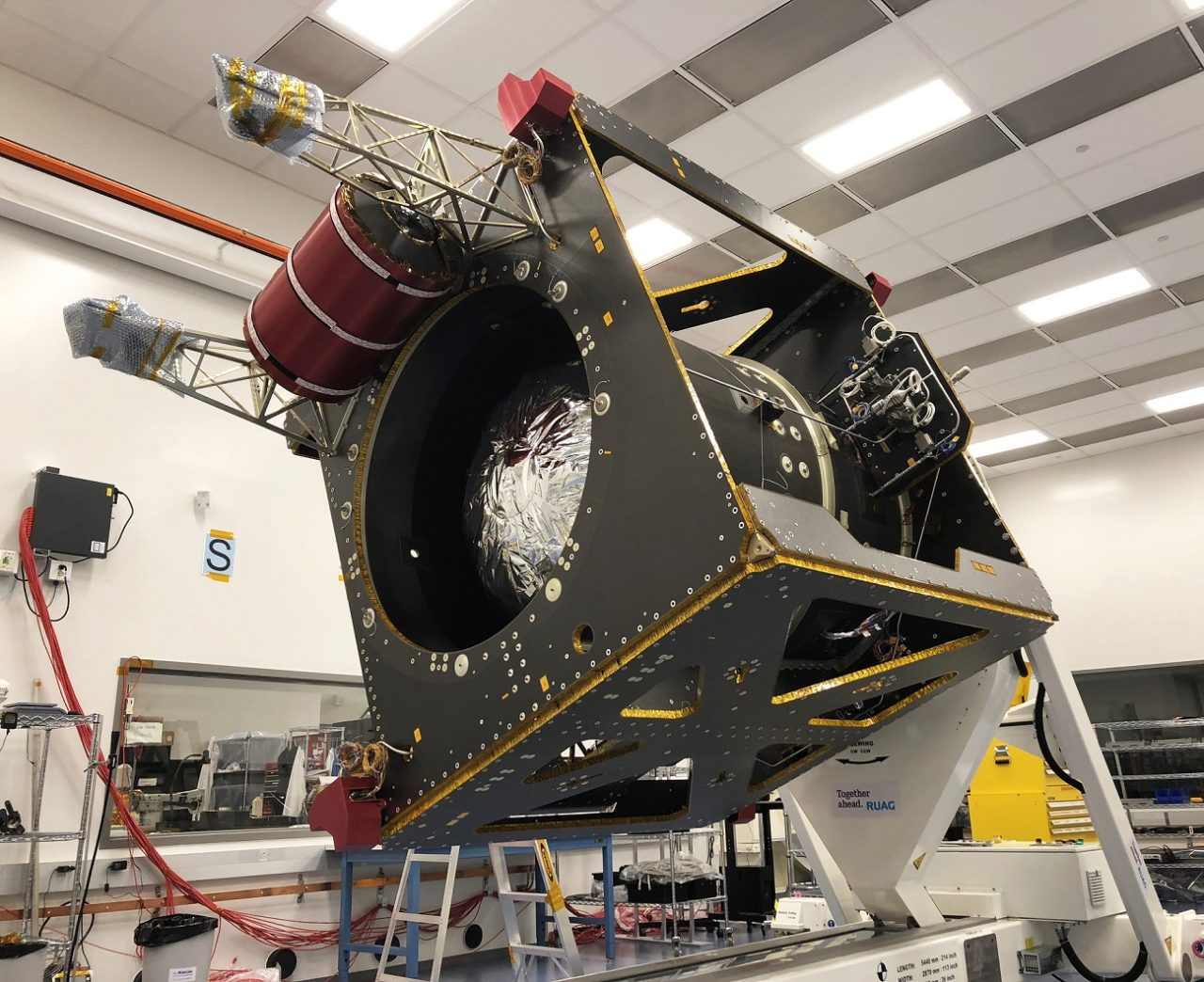Latest News

The Hope Mars Probe. Photo: MBRSC.
The Mohammed bin Rashid Space Centre (MBRSC) unveiled the Arab world’s first interplanetary mission at the World Government Summit in Dubai. The agency discussed the Mars 2117 plan, which aims to create the first human settlement on Mars, as well as the United Arab Emirates’ (UAE) astronaut program, which will train Emiratis in space exploration. The MSRBC also released the plans of KhalifaSat, its third and UAE’s first indigenously built satellite.
The Hope Mars mission aims to provide a holistic study of the Martian atmosphere on a diurnal and seasonal timescale to identify the main factors of the escape of hydrogen and oxygen, the building blocks of water. It is a three-meter tall probe with 600 KW solar panels and will soon embark on its 55-million-kilometer journey to the Red Planet. Other key features of the interplanetary probe include spectrometers and imagers that will capture crucial information on the Martian atmosphere and climate.
Mars 2117 is a part of MSBRC’s mission to train, empower and inspire Emiratis into all disciplines of scientific research, but especially astronomy and outer space exploration. The 2117 Mars initiative is a long-term project, which will first help develop the region’s education, universities and research centers. Furthermore, the project will enable the UAE to play a pioneering role in developing life systems on other planets through research and testing lifestyles on Mars, as well as providing the best solutions to establish the first human settlement on the Red Planet.
The UAE Astronaut Program has already received more than 170 applications for candidates between the average ages of 20 to 40, with the youngest being 17 and oldest being 58.
Get the latest Via Satellite news!
Subscribe Now